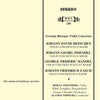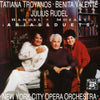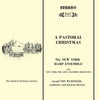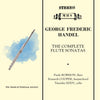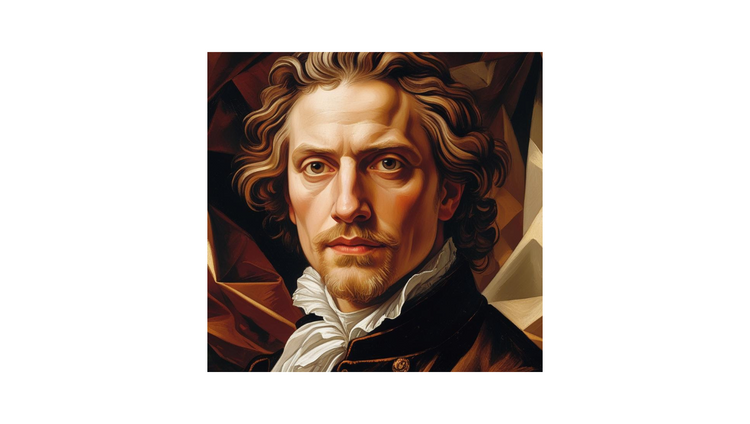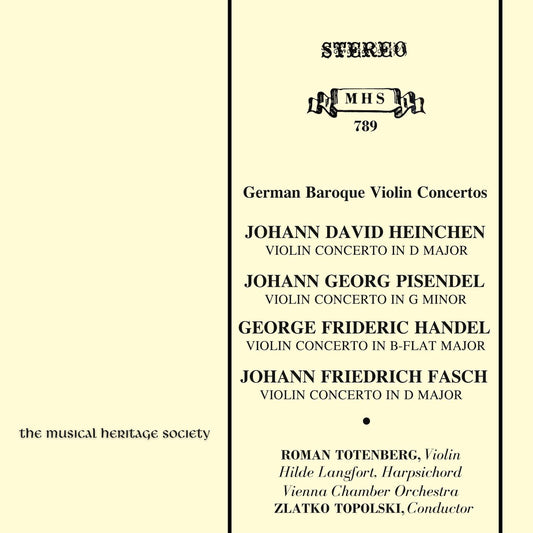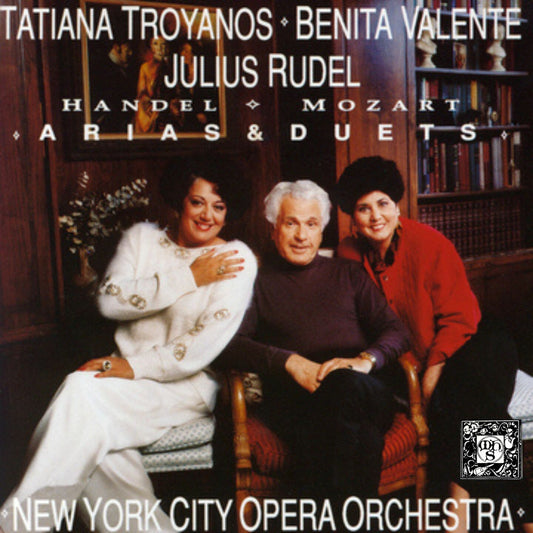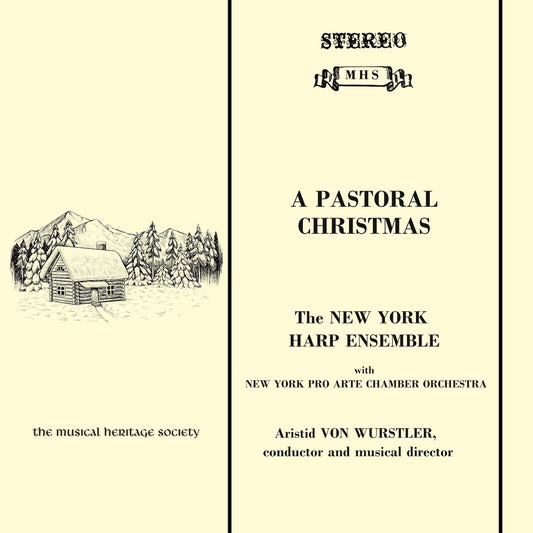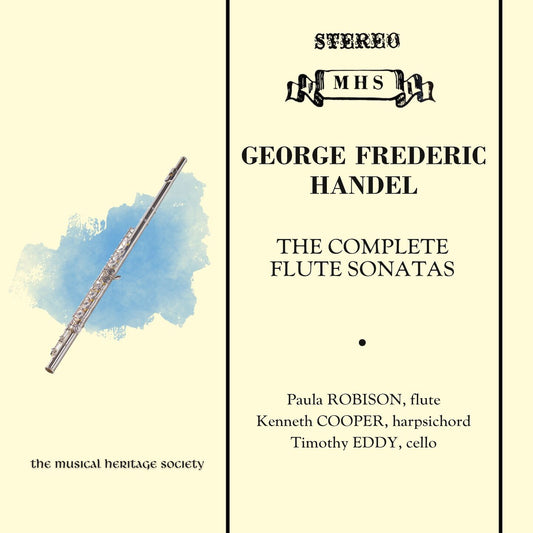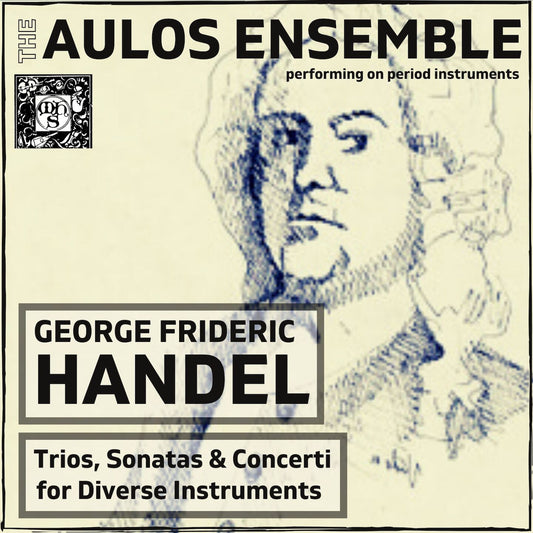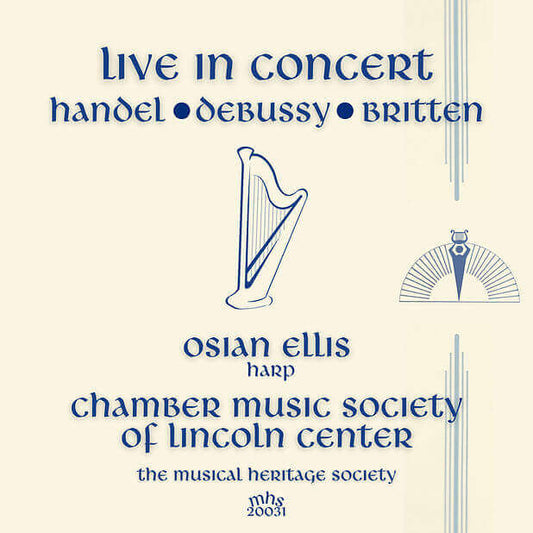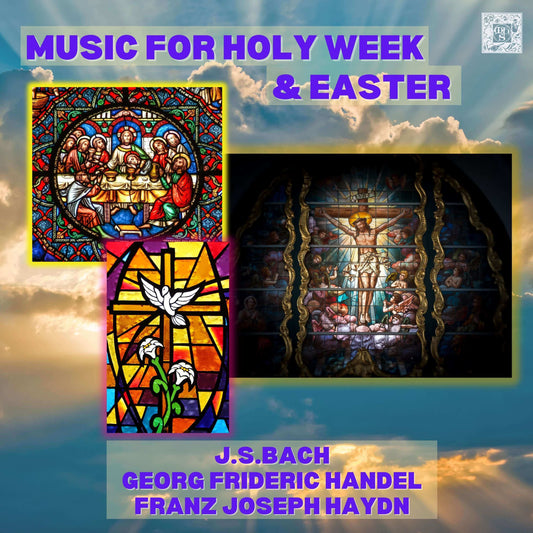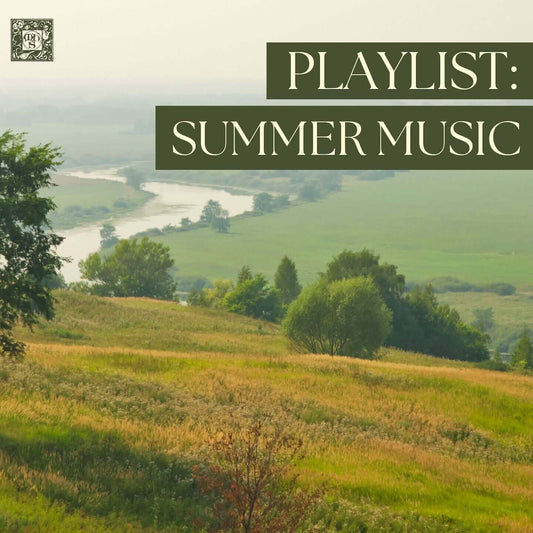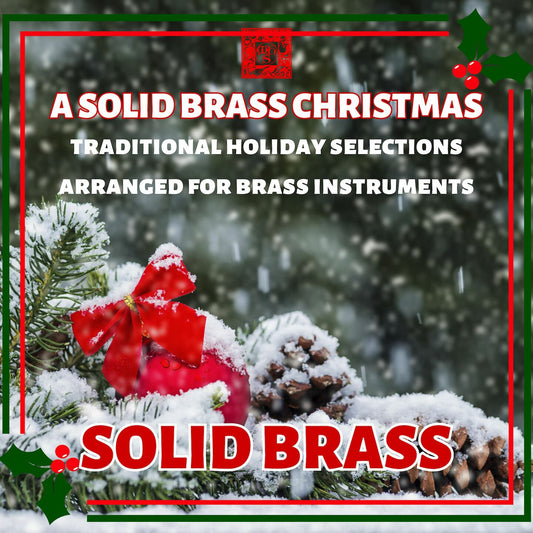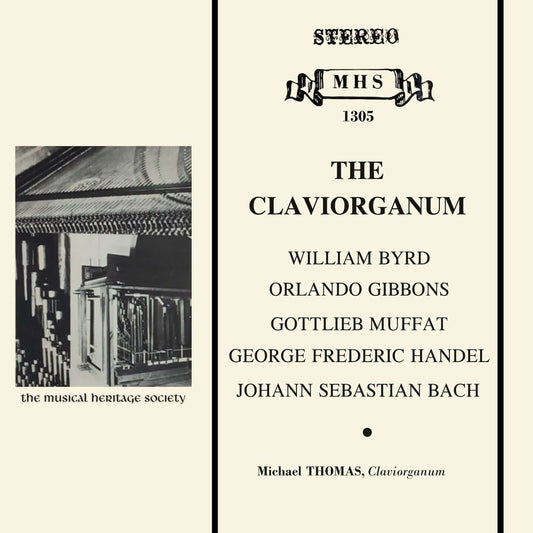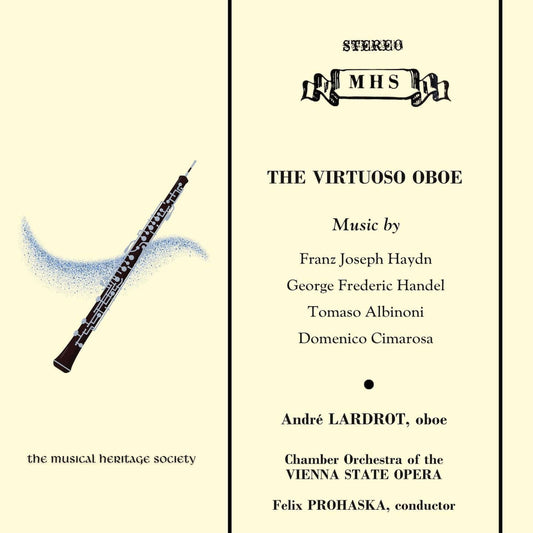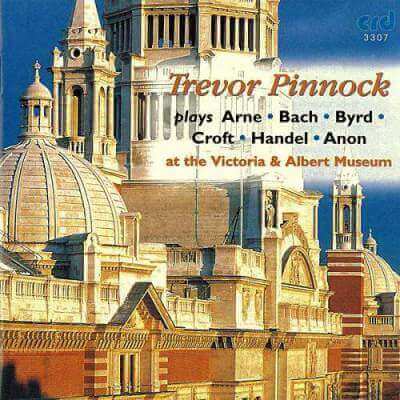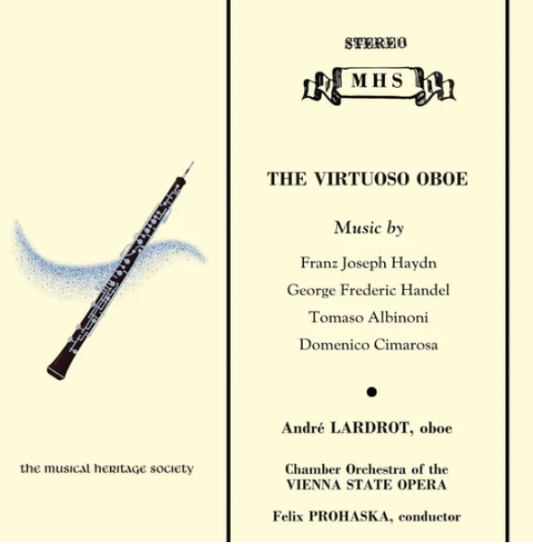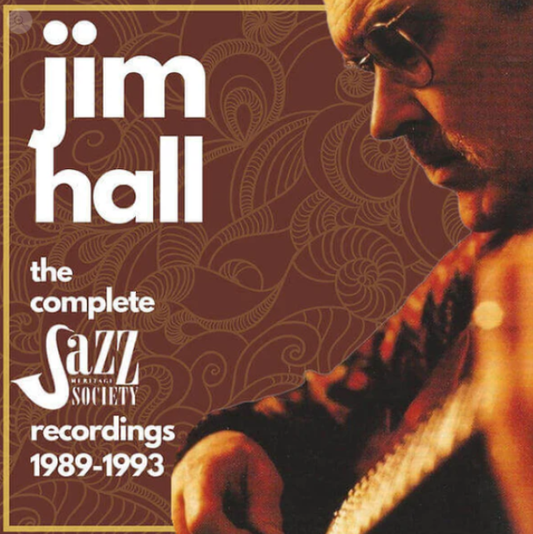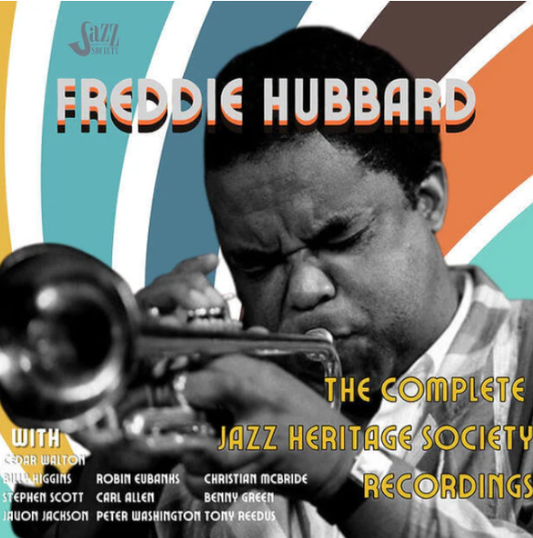Collection: GEORGE FREDERIC HANDEL (1685 – 1759)
Born in Halle, Germany, Handel displayed extraordinary musical talent early on, reportedly teaching himself harpsichord and organ in secret against the wishes of his practical-minded father, who intended him for a career in law. Fortunately, his talent was recognized by Duke Johann Adolf I, prompting his father to allow formal musical study with Friedrich Wilhelm Zachow, organist of the Halle Liebfrauenkirche. Zachow provided Handel with a thorough grounding in harmony, counterpoint, and various instruments. After briefly enrolling as a law student (likely to honor his father's wishes after his death), Handel moved to Hamburg in 1703, the center of German opera. There, he played violin and harpsichord in the opera orchestra and composed his first operas, Almira and Nero (1705).
Seeking to master the dominant Italian operatic style, Handel traveled to Italy in 1706. This four-year period was transformative. He absorbed the nuances of Italian melody, vocal writing, and dramatic pacing while composing highly successful operas (Rodrigo, Agrippina), vibrant Latin church music, and numerous cantatas. He met leading composers like Arcangelo Corelli and Alessandro Scarlatti and established an international reputation as a brilliant composer and keyboard virtuoso.
In 1710, Handel was appointed Kapellmeister to George, Elector of Hanover (the future King George I of Great Britain). However, after securing leave for a visit to London, his opera Rinaldo (1711) created such a sensation that London quickly became his primary focus. He settled there permanently in 1712, initially enjoying patronage from Queen Anne and later, upon his accession to the throne, from his former Hanoverian employer, King George I. For the King, Handel composed enduring orchestral suites like the popular Water Music (likely performed on a royal barge on the Thames around 1717).
For the next two decades, Handel dominated London's vibrant operatic scene. He was a driving force behind the Royal Academy of Music (an opera company, not a school), composing and producing dozens of Italian opere serie – elaborate works based on historical or mythological plots, featuring virtuosic singing (often by castrati and prima donnas) and structured around sequences of recitatives and elaborate da capo arias. Masterpieces from this period include Giulio Cesare (1724), Rodelinda (1725), and Alcina (1735). He faced numerous challenges, including financial instability, rival opera companies (like the Opera of the Nobility), and the changing tastes of the London public, who gradually tired of the conventions of Italian opera.
Responding pragmatically and artistically to the decline of Italian opera's popularity, Handel increasingly turned his attention to the English oratorio in the late 1730s and 1740s. Though he had composed oratorios earlier (Esther), he now developed the genre into a powerful form of musical drama. These works, usually based on biblical subjects and sung in English, dispensed with elaborate staging and costumes but featured prominent roles for the chorus, alongside soloists and orchestra, allowing for monumental expressive power. This shift proved immensely successful. His oratorios, including Saul (1739), Israel in Egypt (1739), Samson (1743), Judas Maccabaeus (1747), and Solomon (1749), became staples of English musical life. His most famous work, the iconic Messiah (1741), premiered in Dublin in 1742 and quickly achieved legendary status for its profound spirituality and masterful fusion of choral, solo, and orchestral writing. He also continued composing celebrated instrumental works, including the Concerti Grossi, Op. 6 (1739) and Music for the Royal Fireworks (1749).
Despite suffering from failing eyesight that led to blindness in his later years, Handel continued to compose and supervise performances. He died in London in 1759, a revered national figure, and was buried with full state honors in Westminster Abbey. Handel's legacy is one of dramatic power, melodic invention, and grand synthesis, blending German craft, Italian lyricism, and English choral traditions into a unique and enduring musical voice.

